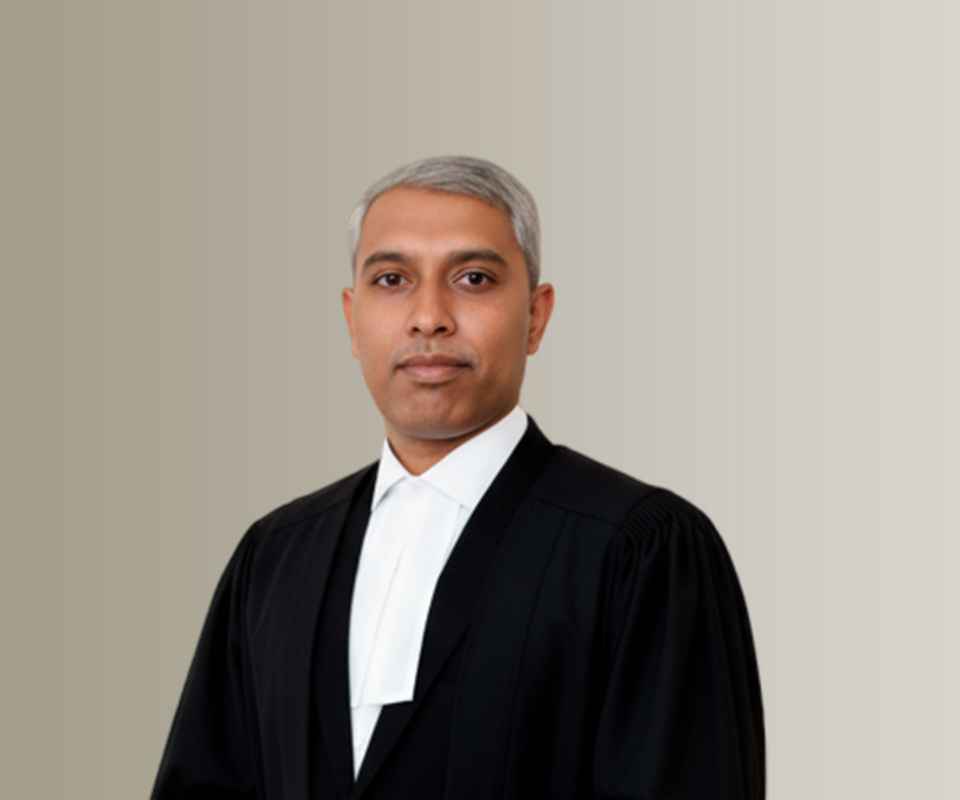Answer By law4u team
Bharatiya Nagarik Suraksha Sanhita, 2023 - Section 157: Procedure where the person against whom order is made under section 152 appears to show cause.
(1) If the person against whom an order under section 152 is made appears and shows cause against the order, the Magistrate shall take evidence in the matter as in a summons-case.
(2) If the Magistrate is satisfied that the order, either as originally made or subject to such modification as he considers necessary, is reasonable and proper, the order shall be made absolute without modification or, as the case may be, with such modification.
(3) If the Magistrate is not so satisfied, no further proceedings shall be taken in the case:
Provided that the proceedings under this section shall be completed, as soon as possible, within a period of ninety days, which may be extended for the reasons to be recorded in writing, to one hundred and twenty days.
Brefe Detail
This section outlines the procedure to be followed when a person against whom an order has been made under section 152 appears to contest it. The Magistrate is required to take evidence and determine if the order is reasonable. If satisfied, the order is confirmed; if not, proceedings are halted.
Question & Answers
What happens if a person contests an order made under section 152?
If the person appears and shows cause, the Magistrate will take evidence as in a summons-case.
What can the Magistrate do if satisfied with the cause shown?
The Magistrate may confirm the order as it is or modify it as necessary.
What if the Magistrate is not satisfied with the cause shown?
If not satisfied, no further proceedings will be taken in the case.
What is the timeline for completing the proceedings under this section?
The proceedings should be completed within ninety days but can be extended to one hundred and twenty days for documented reasons.
Example
1. A person receives an order under section 152 regarding a public nuisance.
2. They appear before the Magistrate to contest the order, providing evidence of why the order is unreasonable.
3. The Magistrate hears the evidence and decides whether to uphold or modify the order based on the facts presented.
4. If the Magistrate is not convinced, the case will not proceed further.
Summary
Section 157 establishes the process for addressing challenges to orders made under section 152. It emphasizes the importance of evidence, the timeframe for proceedings, and the authority of the Magistrate to either uphold or dismiss the order based on the merits of the case presented.







